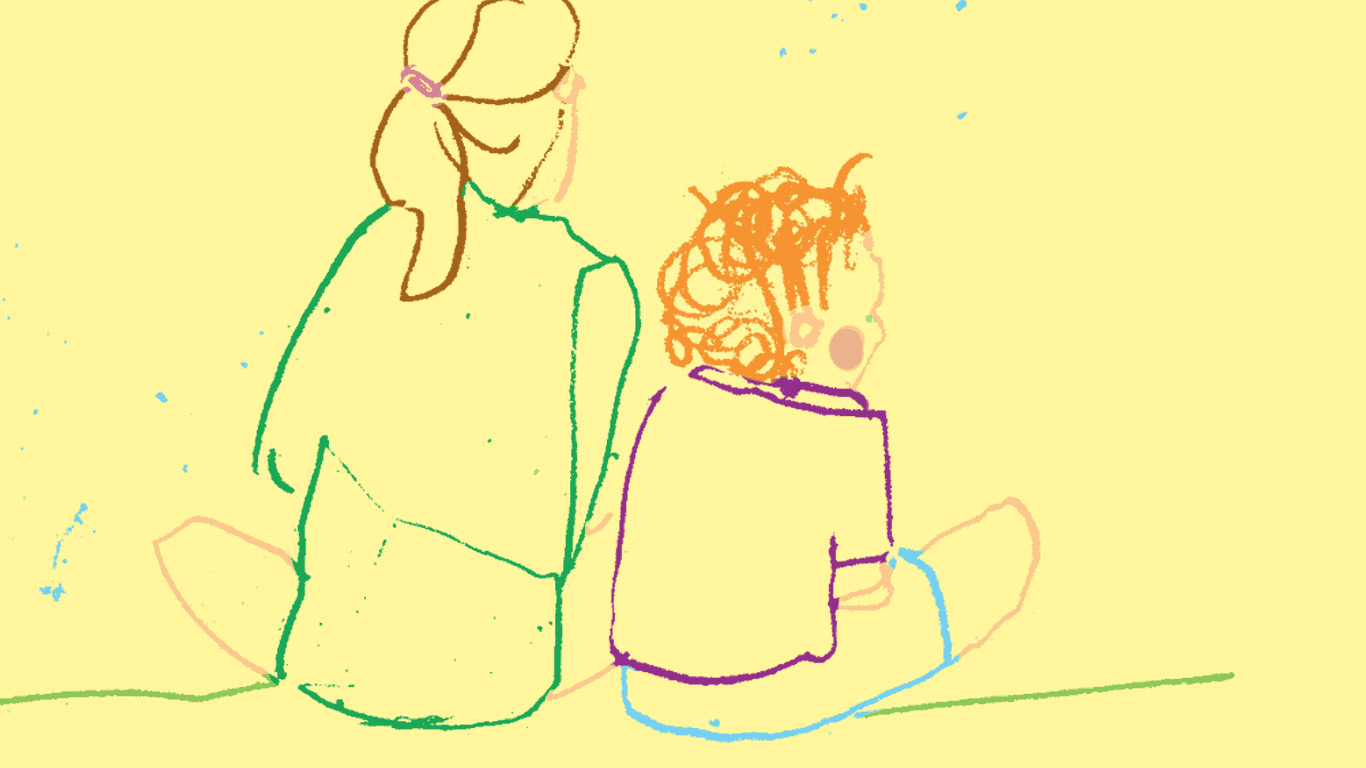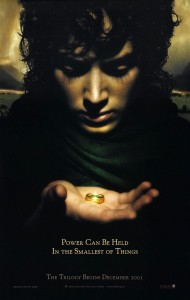Search for topics or resources
Enter your search below and hit enter or click the search icon.
January 7th, 2013 | 4 min read

Jeffrey Weiss thinks that Peter Jackson doesn’t understand the moral universe of J.R.R. Tolkien. That’s a thesis that I wholeheartedly endorse. But not quite in the same way that Weiss does, or at least not with the same bit of evidence.
For instance, Weiss contends that Jackson turns Frodo into a hero at the end of his quest to destroy the ring:
In the movie, after Gollum bites off his finger, Frodo heroically launches himself at Gollum and hurls them both over the side. Gollum falls with the Ring into the lava but Frodo is barely saved by Sam.
I’ll grant that Jackson’s version is more exciting, in the same way that loading Ophelia with a suicide vest and having her blast herself to smithereens center-stage would liven up a production of Hamlet. But that wouldn’t be Shakespeare.
Here’s the key for Tolkein that Jackson ignores: Frodo fails in his quest but the quest succeeds. Jackson, however, has Frodo win.
To put it in Tolkien’s Christian framework, salvation in the book could not be achieved even by the most heroic efforts of men (or hobbits). To a secularist, Gollum’s fall might be read as an accident. To Tolkien, it was always providential, an act of grace.
It’s true that Jackson alters the story and that the alterations suggest he misses Tolkien’s point. But Jackson’s changes are wrong in a different and more subtle way that Weiss suggests.
In point of fact, Jackson doesn’t seem to interpret Frodo’s final charge as “heroic” at all. (You can watch the final scene here). Frodo’s face is quite clearly still set on attaining the Ring and when he accosts Smeagol he goes straight for trying to wrest it back. Nor is it at all fair to say Frodo “hurls them both over the side.” They both go over, but again that’s a side-effect of Frodo’s struggle to get back what he’d lost. Even to the very last, as the Ring sits on top of the lava, Frodo looks longingly at it and feels the temptation of it one final time. Sam even has to say, “Don’t you let go. Don’t let go” before he hoists him up.

Contra Weiss, then, Frodo clearly doesn’t “win” here. At all. But Jackson still misses Tolkien’s vision, albeit in a more subtle way: Frodo’s failure isn’t quite absolute, but is intermixed with resisting the Ring’s calling one final time.
Yet that difference also misrepresents Tolkien’s moral universe by obscuring the “providence” at work in Gollum’s fall. Despite the Ring’s inevitable destruction, Jackson allows a final act of resistance to its allures. Frodo feels every bit of the temptation and, with the voice of exhortation from a friend, turns away from it. (He is perhaps too literally “white knuckling” his resistance to temptation.)
Of course, Tolkien does have characters who are able to resist the Ring’s power. Most prominently, Tom Bombadil seems to be wholly uninterested in the Ring due to what we might describe as a moral immaturity.
And then there’s Faramir, who avoids the Ring’s temptations because of his own moral purity and prudence. It is Faramir, if anywhere, where Jackson’s failure to grasp Tolkien’s moral world is the clearest. In his most significant departure from the plot of the books, Faramir actually tries to take the Ring and then rather than sending them on their way with gifts takes them with him to Gondor, where they only narrowly escape.
That is a question that I suspect Jackson has no plausible answer for, especially given his inability to understand Faramir’s “purity of heart.” Which is to say, the one character that Tolkien presents as having the moral fiber to resist the Ring Jackson portrays as grasping after it. But while Tolkien destroys the Ring without giving Frodo the chance to resist it one more time, Jackson provides the false consolation that at the end Frodo had enough goodness in him to not follow Gollum to his doom. Whether Frodo would have actually had the internal resources “not let go” in a parallel-Tolkien-universe is to me something of an open question. He failed to resist it once: why should we believe that as long as the Ring exists and he can see it, he wouldn’t go after it even to his own destruction?
Tolkien’s universe has much starker moral lines than Jackson’s story—and the difference matters. In the movies, we cling to goodness with our fingernails. Only at the last second do we somehow, presumably from within ourselves, find the strength to overcome our previous bad decisions and do the right thing. But the books are a world where goodness holds us and overcomes our failures. It is a world where we stand in need of grace—but where grace also transforms us and makes possible a genuine moral purity.

Matthew Lee Anderson is an Associate Professor of Ethics and Theology in Baylor University's Honors College. He has a D.Phil. in Christian Ethics from Oxford University, and is a Perpetual Member of Biola University's Torrey Honors College. In 2005, he founded Mere Orthodoxy.